How Much Water Should a Breastfeeding Mom Drink?

- What Is the Connection Between Breastfeeding and Water?
- How Much Water Should a Breastfeeding Mother Drink?
- Signs That You Are Not Having Enough Fluids
- Hydrating Yourself While Breastfeeding
- FAQs
We all know that drinking water is very important for our health, as almost 70% of our body is water. However, many of us may not be aware of the implications of drinking water while breastfeeding. The necessity of drinking water increases significantly during breastfeeding. Read on to learn how much water to drink when breastfeeding.
It is quite common for lactating moms to feel thirstier during breastfeeding. Nursing moms require additional fluids during breastfeeding to make up for the loss of fluids in their body and to facilitate milk production. So, during breastfeeding it is sensible to follow the simple principle: drink as soon as you are thirsty.
What Is the Connection Between Breastfeeding and Water?
Babies get their complete nutrition from breast milk. This simply means that breast milk contains all the essential nutrients that a baby needs for its growth and development. Breastmilk contains about 90% water. So, when you are breastfeeding, your body undergoes a significant loss of fluids. Therefore, your need for water increases during nursing, and it is essential to consume the same, lest you become dehydrated. The general notion that drinking a lot of water can thin breast milk is not true, and it is without basis. Unless you are overhydrated – drinking more than your required intake of water – your breastmilk and its supply cannot be affected.
How Much Water Should a Breastfeeding Mother Drink?
Ideally, you must be mindful of your body’s signals. Bodily needs can vary from person to person depending on the weather, level of activity, and age. etc. Whenever you feel thirsty, simply reach for a bottle of water. Keep a glass of water handy and drink it every time you finish nursing your baby. On average, a baby breastfeeds about 8 to 12 times a day. So, this way, you will be consuming a minimum of 8 glasses of water in a day. This should easily make up for the loss of water that you may have experienced while nursing.
You can calculate your requirement of water intake by dividing your body weight by 2. Therefore, if your weight is 60 kgs you need to take approximately 1.8 to 2 litres of fluids in a day. You can also keep a tab on your water intake while breastfeeding by examining the colour of your urine. The colour of the urine indicates whether you are suitably hydrated or not. A pale yellow colored urine suggests that you are hydrated. A darker shade of yellow can be a sign of mild dehydration.
It is important to understand the concepts of hydration and overhydration. Excess fluids in the body can vary the water balance of the body which may adversely affect the levels of milk production. Water balance simply means that the amount of water loss should be equal to the amount of water gained. Thus, it is crucial to monitor the intake of fluids to maintain the right balance.

Signs That You Are Not Having Enough Fluids
The body has a way of demonstrating that you are not drinking enough water while breastfeeding. Some of the signs that lactating moms should be on the lookout for can be:
- Colour of urine is a darker shade of yellow
- Exhaustion
- Increased irritability
- Parched or dry skin
- Dazed or woozy feeling
- Constipation
- Depression
Hydrating Yourself While Breastfeeding
We all know the importance of drinking enough fluids. But it does not necessarily get translated into actually consuming them. Here are a few tips that nursing moms can follow in order to remain hydrated while breastfeeding:
- It is best to refrain from or strictly limit the intake of dehydrating drinks like soda, caffeine, tea, alcohol when nursing.
- It is advisable to keep a check on the sugar intake as well. Sugar can hinder the absorption of water by the body. So, avoid fruit juices.
- Set a daily target for yourself. Pour out in a jug the required amount of water you need to consume in a day and keep it close by. Aim to finish it by the end of the day.
- If you are bored of drinking regular water, try flavouring the water with refreshing mint, fresh fruits like strawberries, lemon, cucumbers.
- If you prefer drinking cold water while breastfeeding, you can opt for a hydro flask which can keep the water cool.
- Make it a rule to carry a bottle of water with you wherever you go so that water is always readily available when you need it; for example, if you’re breastfeeding at the workplace.
- Incorporate foods in your diet that have high water content, such as vegetables, fruits like watermelon, soups, and so on.
- There are some free hydration reminder apps available online. You can always download one.
FAQs
1. Can drinking too much water affect my milk supply while breastfeeding?
Excessive water intake is generally not a concern for milk supply. However, drinking moderate amounts of water throughout the day helps ensure that you stay hydrated, which is important for maintaining a healthy milk supply.
2. How does water intake impact the quality of breast milk?
Drinking adequate water supports overall hydration, which can help maintain the quality of breast milk. However, the nutrient composition of breast milk is primarily influenced by your overall diet rather than water intake alone.
3. Can drinking flavored or caffeinated beverages affect breastfeeding?
While plain water is ideal, the occasional consumption of flavored or caffeinated beverages is generally acceptable. However, excessive caffeine intake should be avoided, as it can affect both you and your baby.
This was all about water intake for breastfeeding. Breastfeeding creates a beautiful bond between the mother and the baby and presents both of them with advantages. It is important to consume enough water while nursing your baby so that he may benefit properly. Remember to begin slowly. Gradually and deliberately increase your consumption of water by adding a little extra every day so that you may eventually achieve your daily water intake target.
References/Resources:
1. Nursing Your Baby — What You Eat and Drink Matters; EatRight.org; https://www.eatright.org/health/pregnancy/breastfeeding-and-formula/nursing-your-baby-what-you-eat-and-drink-matters
2. Martin. C, Ling. P, Blackburn. G; Review of Infant Feeding: Key Features of Breast Milk and Infant Formula (Nutrients); National Library of Medicine; https://www.ncbi.nlm.nih.gov/pmc/articles/PMC4882692/; May 2016
3. Ndikom. C, Fawole. B, Ilesanmi. R; Extra fluids for breastfeeding mothers for increasing milk production; Cochrane Library; https://www.cochranelibrary.com/cdsr/doi/10.1002/14651858.CD008758.pub2/full; June 2014
4. Moberg. K, Prime. D; Oxytocin effects in mothers and infants during breastfeeding; Infant Journal; https://www.infantjournal.co.uk/pdf/inf_054_ers.pdf
5. Taylor. K, Jones. E; Adult Dehydration; National Library of Medicine; https://www.ncbi.nlm.nih.gov/books/NBK555956/
6. García-Arroyo. F, Cristóbal. M, Arellano-Buendía. A, et al.; Rehydration with soft drink-like beverages exacerbates dehydration and worsens dehydration-associated renal injury; American Journal of Physiology-Regulatory, Integrative and Comparative Physiology; https://journals.physiology.org/doi/full/10.1152/ajpregu.00354.2015; July 2016
7. Water — How Much Should I Drink?; La Leche League Canada; https://www.lllc.ca/water
Fasting during Breastfeeding
Drinking Alcohol and Breastfeeding
Apple Cider Vinegar while Breastfeeding
Drinking Green Tea While Nursing – Is It Safe?
Was This Article Helpful?
Parenting is a huge responsibility, for you as a caregiver, but also for us as a parenting content platform. We understand that and take our responsibility of creating credible content seriously. FirstCry Parenting articles are written and published only after extensive research using factually sound references to deliver quality content that is accurate, validated by experts, and completely reliable. To understand how we go about creating content that is credible, read our editorial policy here.







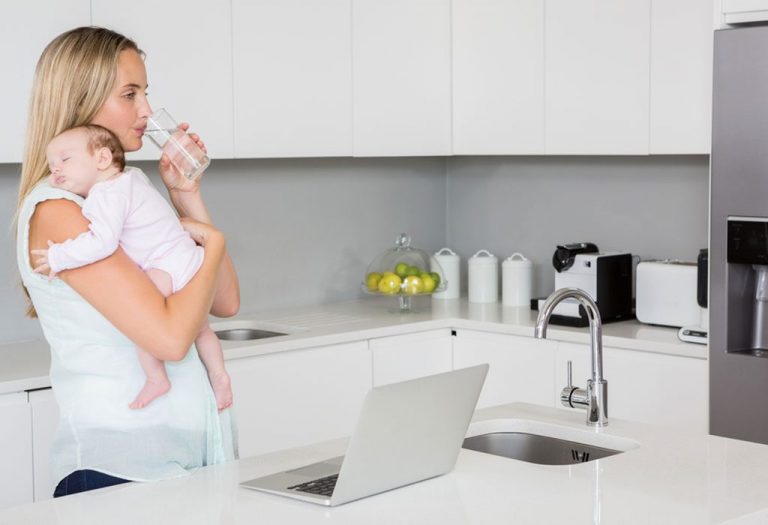
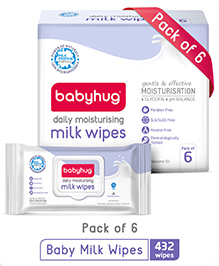
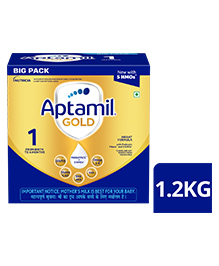
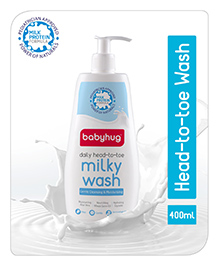
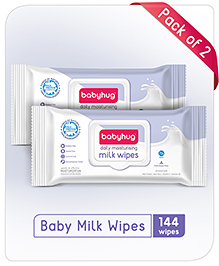
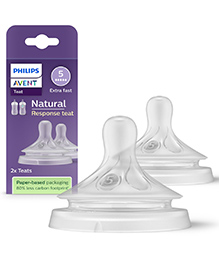
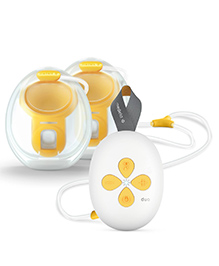
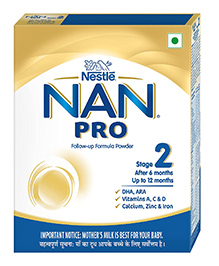
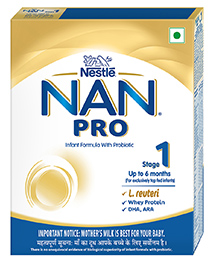
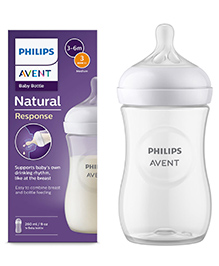
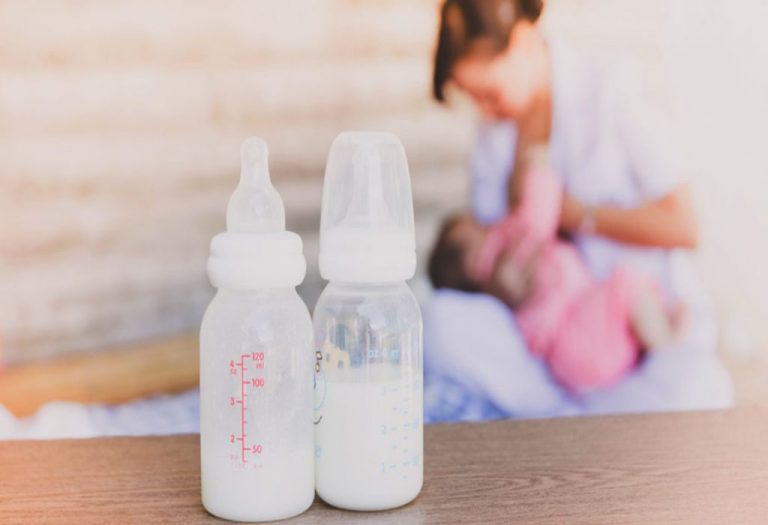
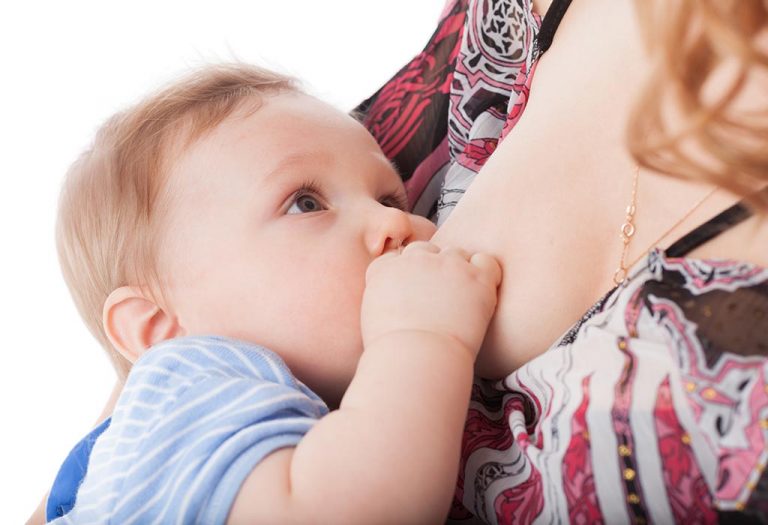

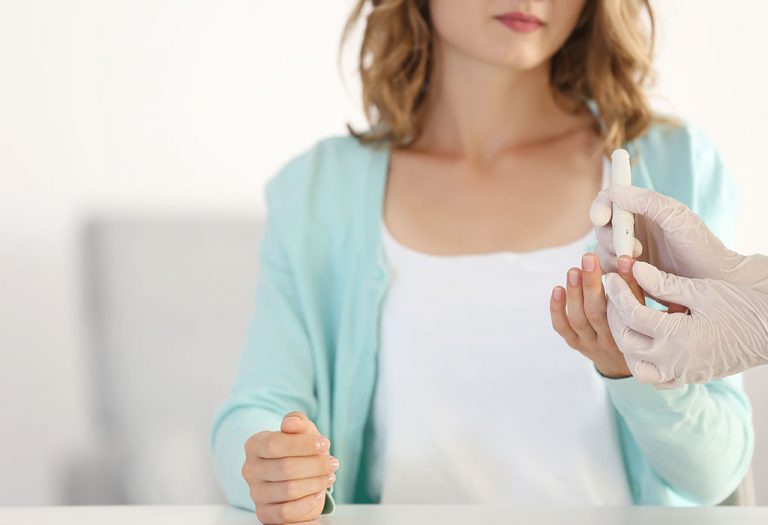



.svg)


















